- In the first two months of the year, top brands Porsche and BMW failed to make a single sale.
- DT Dobie, however, bucked the trend in the luxury car market after sales of its Mercedes brands increased to 49 units in the two months compared to the 32 cars it sold in the same period last year.
- Overall, the sale of new vehicles fell by 289 units, or 14.68 per cent, in the review period to 1,680, the KMIA statistics show.
The Kenyan luxury car market has been hard-hit by slow sales characterized by locals bank tightening their lending wallets and increased government scrutiny on individuals’ lifestyles.
In the first two months of the year, top brands Porsche and BMW failed to make a single sale.
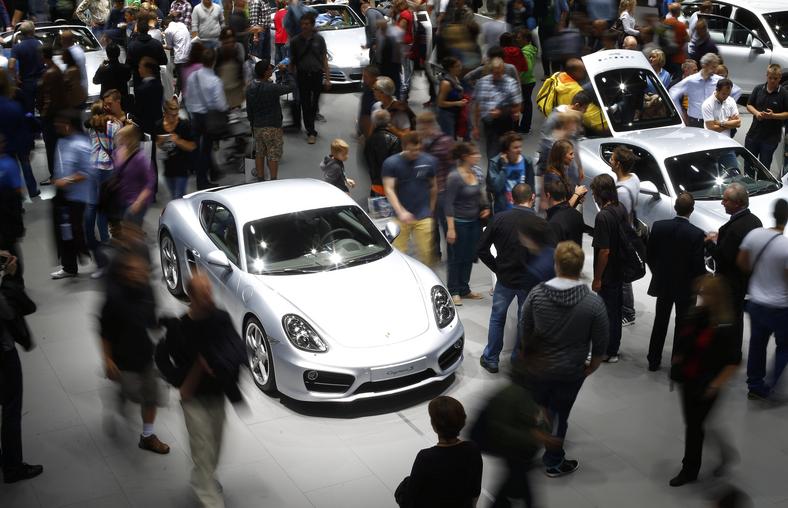
Jaguar, which is under UK-controlled luxury car dealer Inchcape Plc together with Land Rover and BMW, sold just one unit in the two months.
“For the first two months, we’ve never reported any sales but we are expecting vehicles this month in the country this month. We have sales but we cannot report before we hand over the car to the customer,” Inchcape Kenya marketing manager Charity Mutunga told a local daily.
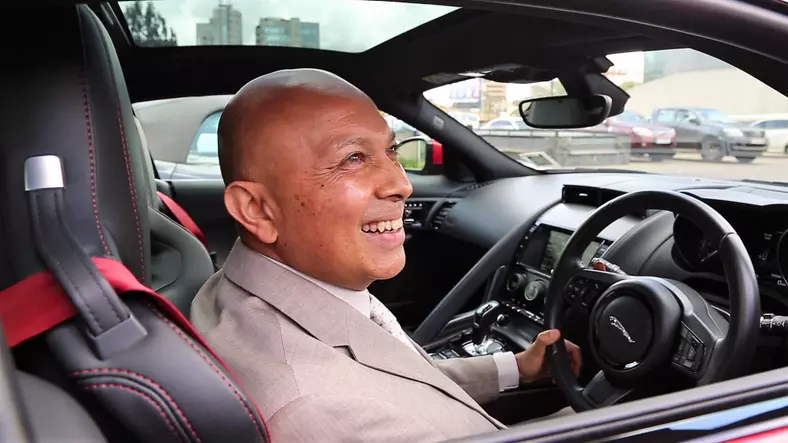
According to data released by Kenya Motor Industry Association (KMIA), it shows sales of Land Rover that also includes Range Rover dropped to eight from the 14 reported in the first two months of last year.
Overall, the sale of new vehicles fell by 289 units, or 14.68 per cent, in the review period to 1,680, the KMIA statistics show.
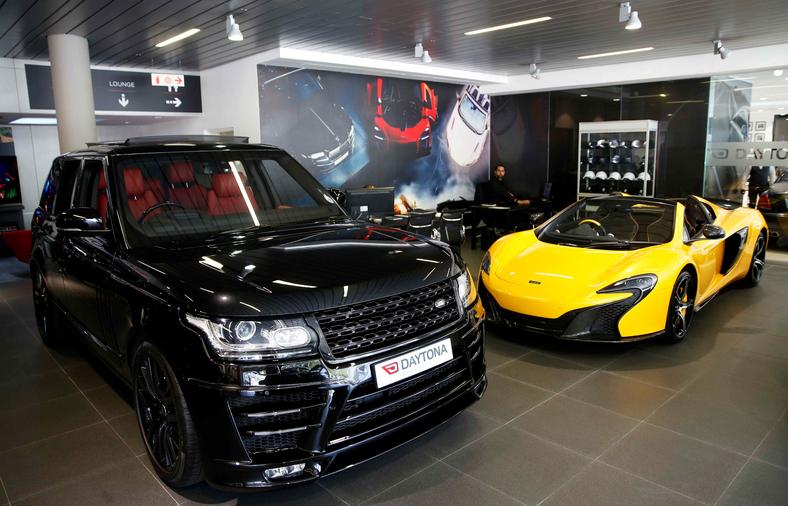
DT Dobie, however, bucked the trend in the luxury car market after sales of its Mercedes brands increased to 49 units in the two months compared to the 32 cars it sold in the same period last year.
DT Dobie however, sold one Jeep Grand SUV, down from two in a similar period a year earlier.
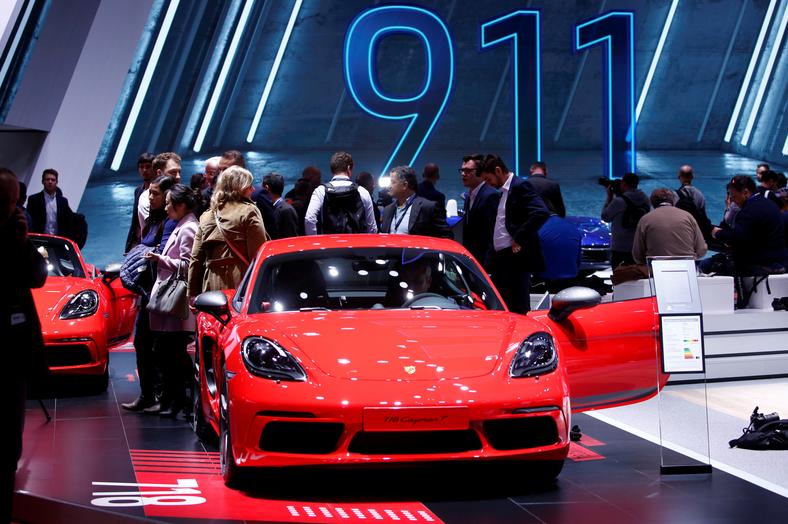
Isuzu East Africa, which deals in commercial vehicles, reported the highest sales at 588 units in the two-month period, slightly higher than 531 vehicles 12 months earlier.
Sale of new Toyota brands, which controls the largest share of the total Kenyan car market, fell to 349 from 403 units in 2018.
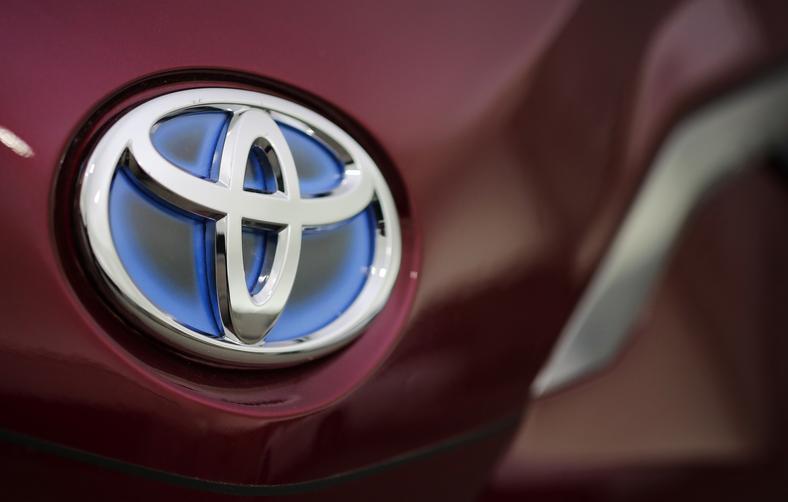
New unit sales by Mitsubishi fell to 292 from 306 units, while Nissan orders dropped by more than half to 49 units from 108 a year ago.
In the last three years, dealers in new luxury cars have witnessed flat growth in sales in what industry analysts have linked to increased government scrutiny on individuals’ lifestyles in the war on corruption and tax cheats.
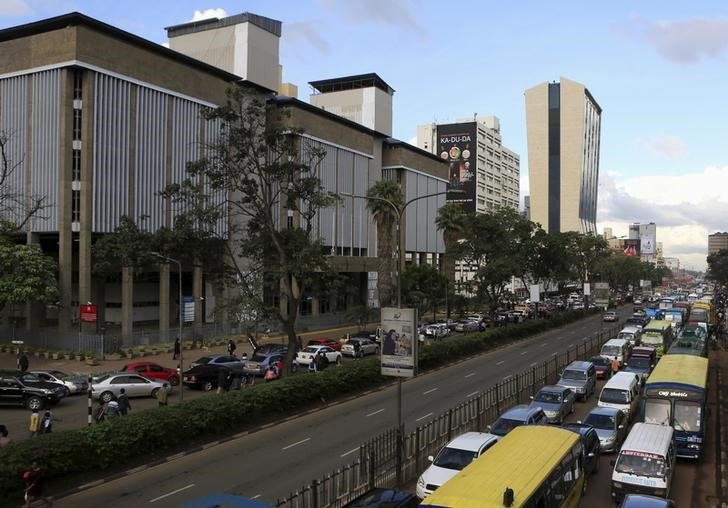
The reduced flow of bank loans after the government introduced the lending rates cap in September 2016 has also hurt auto dealers.
The cap has had the effect of stifling the credit market as banks became more cautious in their lending practices.
SOURCE: pulse.ng


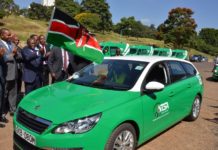

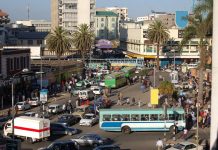



![Top 20 Used Cars to Avoid Buying in Kenya – [PHOTOS]](../../../blog/wp-content/uploads/2013/11/top-used-unreliable-cars-to-avoid2-80x60.jpg)

![Top 20 Used Cars to Avoid Buying in Kenya – [PHOTOS]](../../../blog/wp-content/uploads/2013/11/top-used-unreliable-cars-to-avoid2-100x70.jpg)





